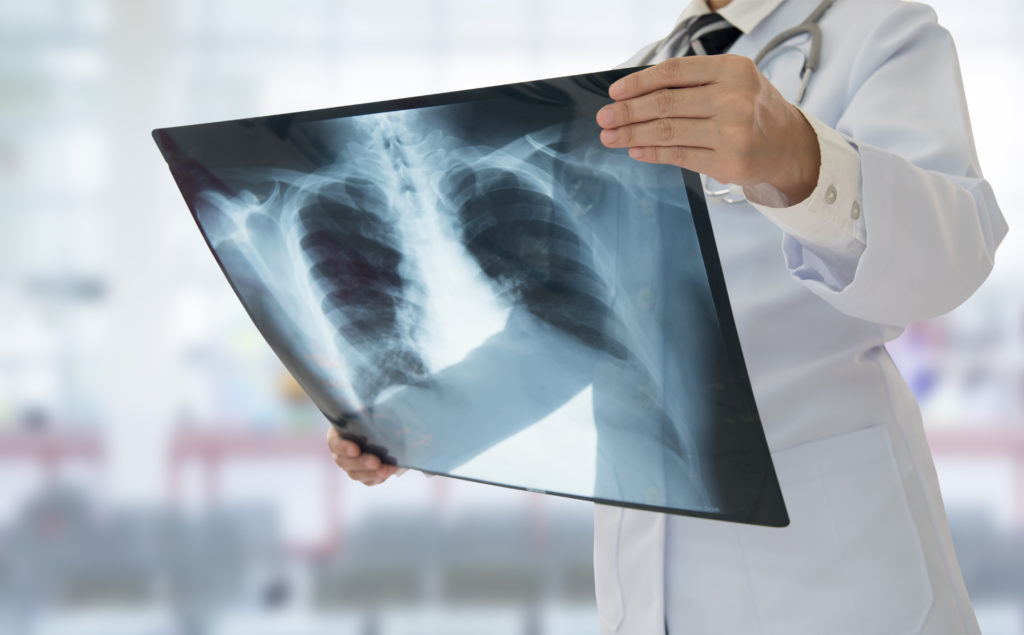Watch out if you or someone you love has these symptoms: weight loss, persistent coughing for more than two weeks, fever, fatigue, night sweats, and chills. Or worse, coughing up bloody mucus. Visit a doctor right away if you observe even a few of these symptoms: it might be tuberculosis.
Tuberculosis is an ancient disease and has been one of the deadliest scourges in mankind’s history. The bacterium that causes it, Mycobacterium tuberculosis, is a modern strain. Its ancestor existed 15,000 to 20,000 years ago and has been infecting humans since then.
TB had been eradicated in most developed nations for decades, although it has been seeing resurgence the past few years, including the U.S. and the U.K. But what about the Philippines?
Tuberculosis is the sixth leading cause of death in the Philippines, according to the World Health Organization. Most of its victims live in slum or rural areas where there’s overcrowding, poor ventilation, lack of hygiene, malnourishment; and where residents have little or no access to healthcare.
Mycobacterium tuberculosis is endemic or inherently present in the environment–meaning we are exposed to it often. But why doesn’t everyone get sick? The deciding factor is the strength of a person’s immune system. According to Dr. Jennifer Sison-San Luis, a pulmonologist at ManilaMed, when a person is healthy, his or her immune system is strong enough to fight off a TB infection.
The most common part of the body that is affected is the lungs or what is called Pulmonary Tuberculosis (PTB). Still, the bacteria can spread through the bloodstream to other parts and organs of the body creating other types of TB such as tuberculosis of the gallbladder, stomach, urinary tract, and even the brain.
Antibiotics are the prescribed treatment for tuberculosis. It lasts for 6 months for first time patients, while those with recurrent TB would need 8 months. Dr. Sison-San Luis reminds patients to strictly comply with the course of treatment. Regular checkups and correct dosage of the medication should be maintained within the 6 to 8-month period to ensure the patient gets well.
If a person within the immediate home is positive for TB, make sure to take these precautionary steps immediately:
- Anything one places inside their mouth should not be used by anyone else
- The patient is encouraged to wear a face mask to prevent spreading of the infection
- Keep the home well-ventilated
- Finally, the most important defense against tuberculosis is a strong immune system– drink plenty of water, take plenty of vitamin C-rich foods; and maintain a healthy diet and lifestyle
On a side note, Dr. Sison-San Luis explains that a TB-positive person having undergone at least two weeks of treatment is no longer contagious. Even then, the best way to make sure that TB has not spread is for the patient to get a follow-up check-up. There’s no need to fear tuberculosis if you have the right information and expert medical care–like the one you can get at ManilaMed. Visit any pulmonologist of ManilaMed and call ManilaMed’s Respiratory Therapy Department at 523-8131 loc. 2202 for more details.
Dr. Jennifer Sison-San Luis’ interview was featured in ManilaMed’s Facebook Live episode called ManilaMed Healthline. Watch the whole interview here.









